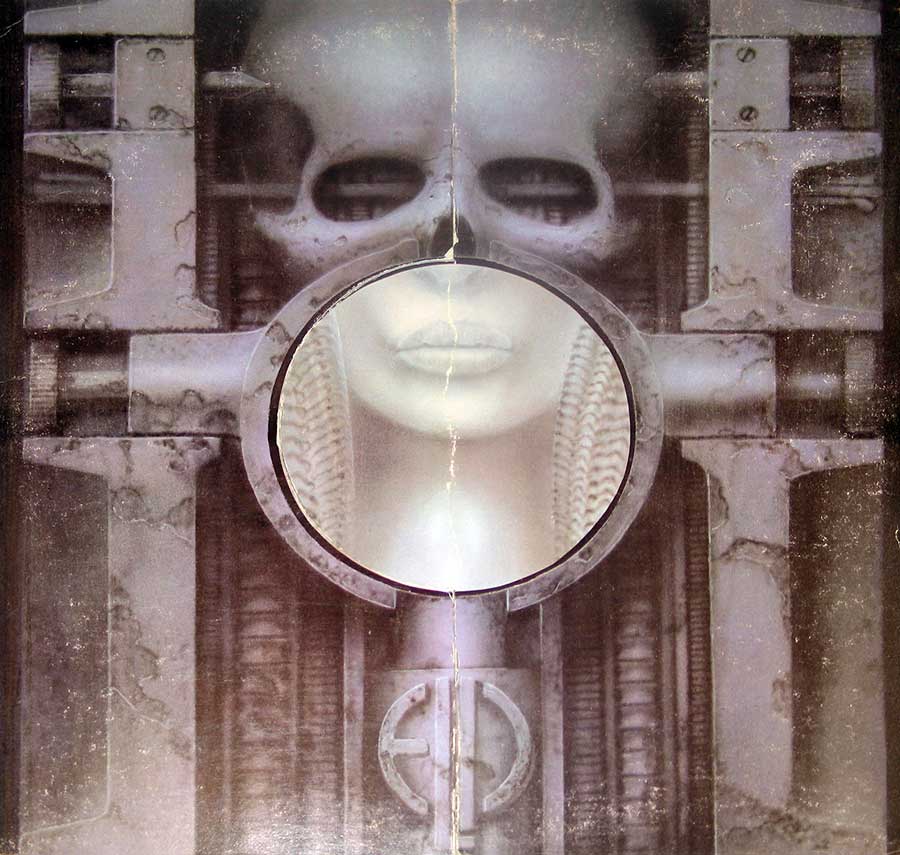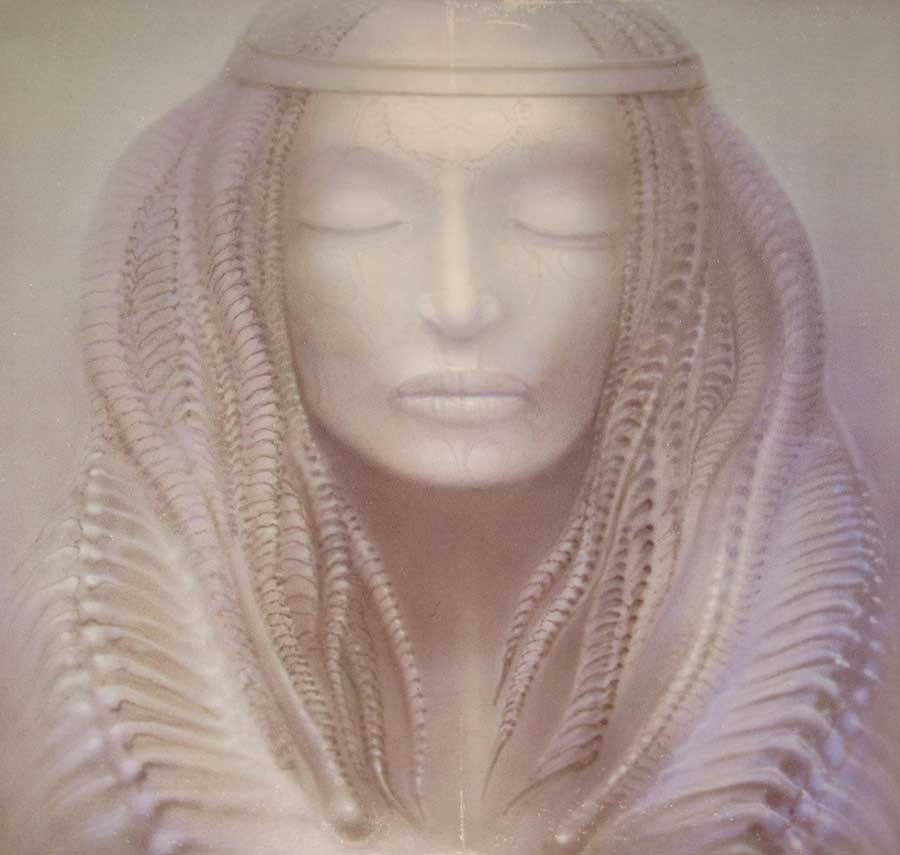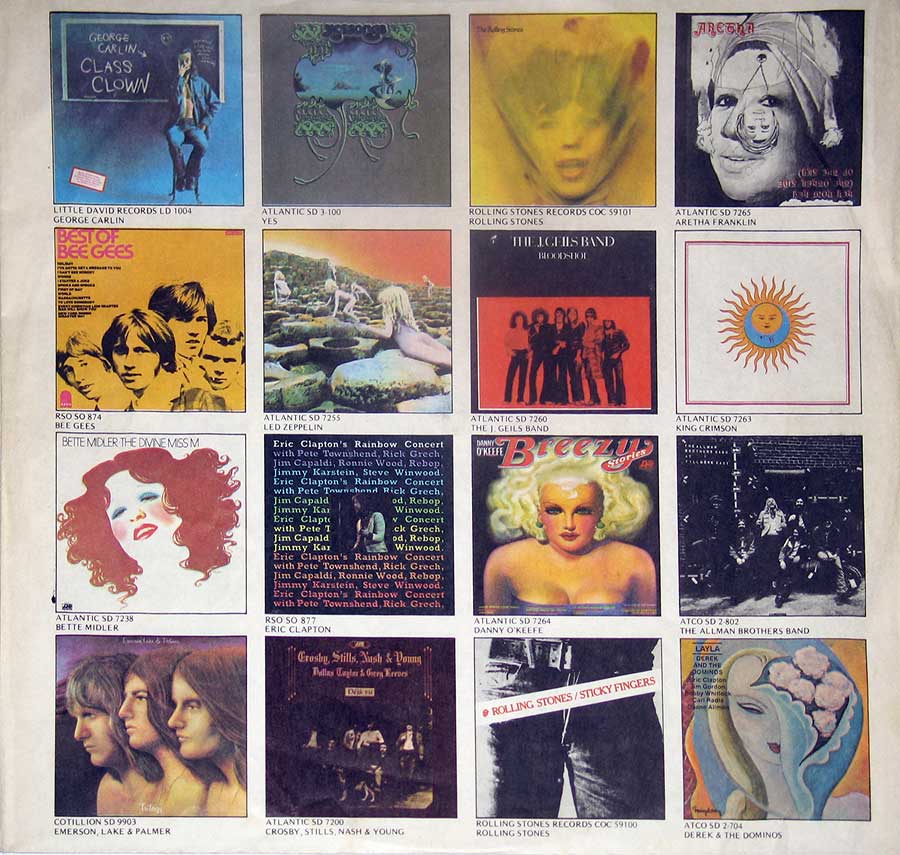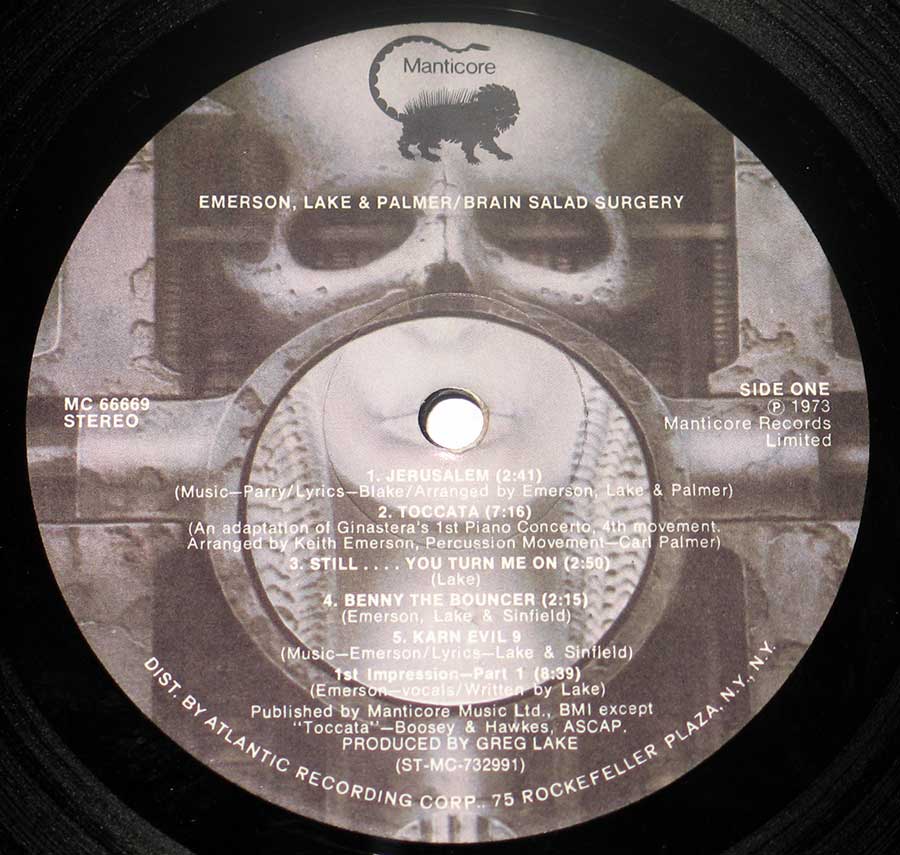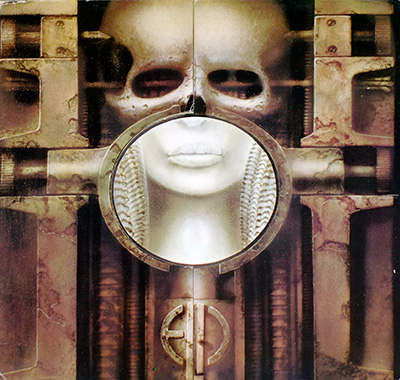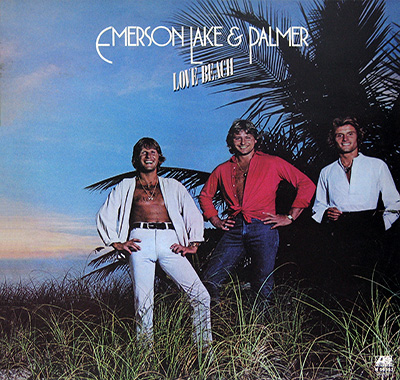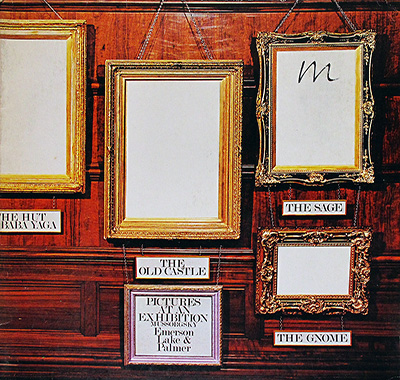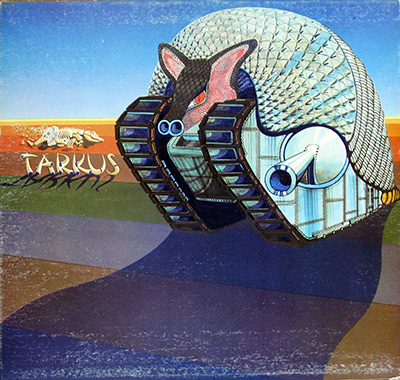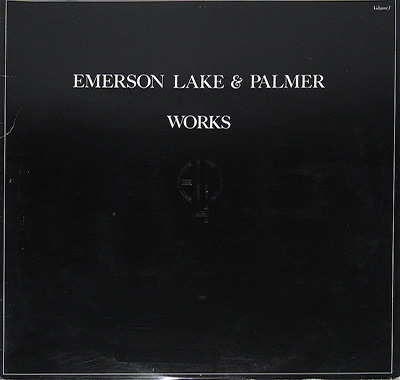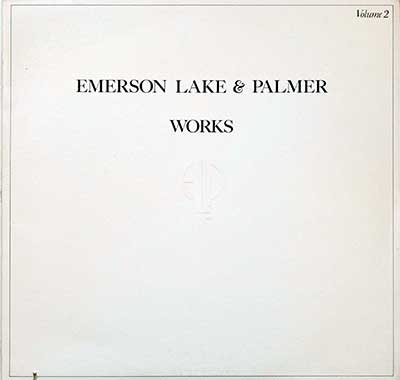"Brain Salad Surgery" Album Description:
Emerson, Lake & Palmer's fourth studio album, "Brain Salad Surgery," stands as a testament to the band's innovative fusion of rock and classical elements. Beyond its musical prowess, the album is also renowned for its distinctive cover art, a mesmerizing creation by the Swiss surrealist artist H.R. Giger. In this exploration, we delve into the historical backdrop of "Brain Salad Surgery" and uncover the genesis of the iconic album cover.
The Birth of "Brain Salad Surgery" (1973):
Released in 1973, "Brain Salad Surgery" marked a significant milestone in ELP's career. The album was not only the band's first under their Manticore Records imprint but also a departure from their earlier works, featuring a more avant-garde and experimental approach. With a lineup comprising Keith Emerson, Greg Lake, and Carl Palmer, the album showcased the trio's musical virtuosity and willingness to push artistic boundaries.
Confluence of Minds: Lake, Sinfield, and Giger:
One of the distinctive features of "Brain Salad Surgery" lies in its collaborative lyricism. Greg Lake, a co-founder of ELP, teamed up with Peter Sinfield, a fellow ex-King Crimson member, to craft the album's poetic narrative. This collaboration brought a unique blend of introspection and fantasy to the lyrical tapestry, complementing the progressive and eclectic nature of the music.
Visual Alchemy: H.R. Giger's Artistic Imprint:
At the heart of the album's visual allure is the enigmatic cover art crafted by H.R. Giger. Renowned for his surreal and nightmarish imagery, Giger was already gaining acclaim in the art world. The collaboration between ELP and Giger resulted in a visual masterpiece that seamlessly intertwined with the album's musical complexity.
Giger's Aesthetic and Symbolism:
The album cover features a biomechanical landscape, a hallmark of Giger's distinctive style. Intricate and otherworldly, the imagery evokes a sense of cosmic surrealism. Giger's use of biomechanical elements, blending organic and mechanical components, adds a layer of depth to the visual narrative, mirroring the eclectic fusion of rock and classical influences within the album.
Legacy and Impact:
"Brain Salad Surgery" became an influential work, not just for its musical innovation but also for its iconic visual representation. The album cover remains a symbol of the progressive rock era and a testament to the power of collaboration between musicians and visual artists. H.R. Giger's contribution to the album's aesthetic elevated it to a realm beyond mere music, turning it into a holistic sensory experience.
